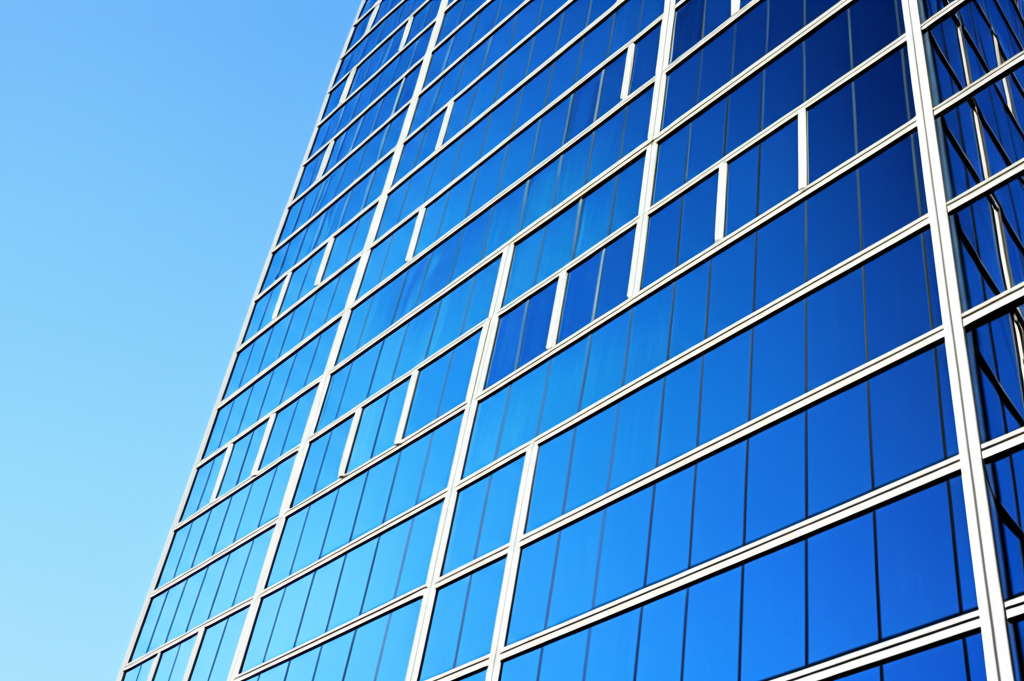
The Malaysian real estate sector witnessed a transformative year in 2024, characterized by dynamic shifts in policy, infrastructure advancements, and landmark developments. From regulatory updates to ambitious urban projects, the industry saw a mix of progress and challenges that reshaped the market landscape.
One of the most significant developments was the formalization of the Johor-Singapore Special Economic Zone (SEZ), aimed at boosting cross-border trade and investment. This initiative, alongside major infrastructure projects like the Johor Bahru-Singapore Rapid Transit System (RTS) and the East Coast Rail Link (ECRL), signaled a strategic push to enhance connectivity and economic growth. Meanwhile, Malaysia’s property market recorded its highest-ever transaction value in 2023, reaching RM196.83 billion, reflecting strong demand despite global economic uncertainties.
Sustainability and modernization took center stage, with Kuala Lumpur climbing 16 spots in the 2024 Smart City Index. The Merdeka 118 tower’s LEED Platinum certification underscored Malaysia’s commitment to green building standards. However, challenges persisted, as outdated office spaces and structural issues in developments like J Satine highlighted the need for stricter compliance and modernization efforts. Regulatory changes, including updates to the Malaysia My Second Home (MM2H) program and the proposed Real Property Development Act, aimed to streamline the market and protect stakeholders.
Affordable housing remained a key focus, with initiatives like the Step Up Financing Scheme and large-scale projects such as Bandar PR1MA Teluk Intan addressing the needs of first-time buyers and low-income groups. The government also introduced incentives for the Forest City Special Financial Zone, targeting foreign investment and knowledge workers. As the year concluded, major projects like Google’s hyperscale data center in Selangor and SkyWorld’s RM13 billion affordable housing scheme in Penang signaled continued momentum for 2025.